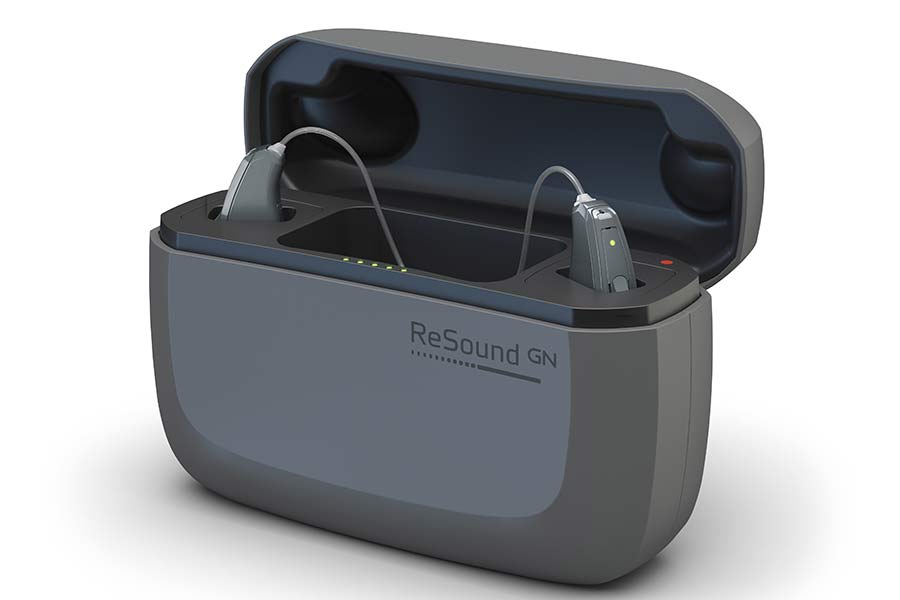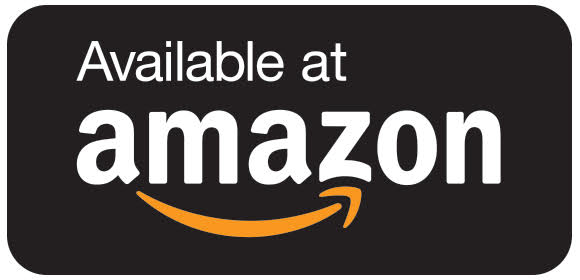We Want Cheap Hearing Aids & We Want Them Now!
In our last article, we spoke about the recent announcement of a new subscription model for the purchase of hearing aids by iHear. The article got me thinking about consumer wants in hearing care. Consumers are demanding change in the hearing aid business model, but it strikes me that many don't know exactly what they want. I think some of the problems is knowledge or the lack of it. I also think that some of the issues are the inability of professionals to communicate their worth, while it has all been compounded by professionals who don't do the job properly. I am not here to blindly defend my profession, but neither am I here to encourage rubbish talk. Let's take a look.

We Want Cheap Hearing Aids!
I think for many consumers, in particular in the USA, the demand is for cheap hearing aids. This appears to be a constant, why are hearing aids so expensive, the audiologists are ripping us off. Hearing aids should be cheaper! These demands have led to the introduction of the OTC legislation in the US and they drive online device sellers. These types of demands are based on the fact that many people think that the solution to their hearing woes is simply technology. Well, that isn't true, or at least it's not true if the hearing care professional you are dealing with is providing best practice care. Here is why.
Technology Isn't Enough
At this minute in time, even the best technology doesn't meet all the needs of people with hearing loss straight out of the box. Add to that the fact that much of the cheaper alternatives to hearing aids available online are just cheap rubbish and you begin to see the issues at hand. Even with the advent of self-fitting mechanisms based on pure tone sounds, there isn't a clear understanding of the complexity of a hearing loss. In order to really understand someone's hearing loss and the effect it has, you need an in-depth hearing test to understand what is going on.
As I said, this isn't a defence of the existing business model, so bear with me. That test needs to include at the very least, speech in noise testing and probably speech discrimination testing. Speech testing in this manner allows us to understand the effect that your hearing loss is having on your ability to understand speech and how noise effects that understanding.
Are Those Results Important?
This is where it gets a little interesting, strictly speaking, the results of those tests have no bearing on the fitting of a hearing aid. However, they shape our decisions on what hearing aids would best help you. More than that, the results allow us to explain clearly what you can expect from hearing aids and how you are likely to get on.
If your speech discrimination is 60% and your ability to hear speech in noise is terrible, well then we are going to recommend high technology hearing aids and assistive listening devices. We are also going to tell you that even with those devices, some situations are always going to be a struggle, but the equipment will help. With all of this information, you can make a well-informed decision about what you want to do.
Verifying The Fit
I am a staunch proponent of fit verification, I want to do real ear measurements that allow me to independently verify that the hearing aids are doing what they should be. I don't do traditional REMs, because I think they are arbitrary measures, but that's an argument for another day. I undertake visual speech mapping because it allows me to verify that the hearing aids are putting amplified speech into your residual speech envelope.
I believe that this is a hugely important verification procedure and anyone who tells you it isn't, is bullshitting you plain and simple. Hey don't believe me, here's a well-known Yank who knows a thing or two, as irritatingly young and American as he is (damn middle age, bitter? Not I), he delivers clear and trusted info:
Ongoing Aftercare
Ongoing aftercare appears to be a must, hell, you people seem to be completely unable to damn clean your hearing aids and replace wax guards. You never told me about them! Yes, yes I did, several times, many, many, many times. Sense the exasperation?
More than that though, over the next couple of years things are going to change. Your hearing will change, the efficacy of the initial programming of the device will change. Generally, if your hearing changes enough, you will need new programming and that will have to be verified. Hearing better is an ongoing process.
Paying For That
Generally and up to now, that mixture of service and product has been charged in one up-front lump sum. I am not here to defend that, merely to state that has been the business model since time began. There are two problems I see with it, firstly, very few itemise the invoice so you don't really understand what you are paying for and secondly, it's damn rigid and arbitrary, something that I rail against in life.
It is my experience that many hearing care professionals have little or no imagination. They cling to the traditional model because they don't have the wit to move towards something else. Their love of the traditional business model isn't a blind defence of a greedy hegemony, it simply is lack of imagination and will to change.
In fairness, much of their inability to change is based on experience. You lot are damned useless with hearing aid care, you don't listen to anyone (you didn't tell me that) and generally, you are a huge pain in the arse. And that's coming from someone who advocates for you.
Changing The Business Model
You want change, I think there is room for change, but what should that change be? With the last few paragraphs in mind, do you want to forgo service? Is there testing or verification processes that you think you don't need? Do you think aftercare is not something that you want or need?
The answers to these questions will help shape the business model and the pricing of the future. As I said at the beginning, some of the problem here is lack of knowledge, much of the problem is the fact that hearing care professionals have been idiotic and focused their messaging on the technology, not what they do to make sure the technology works. That has been further compounded by lazy hearing care professionals who don't follow best hearing practices but charge top dollar for their services.
Business Model Options?
So what are the business model options, by that I mean how can we meet your needs while still ensuring that we are paid for our time and experience? I think the question is, do you want it cheap and nasty or do you want it done properly while getting value for money?
Subscription Services
I think subscription services, or pay as you go services have validity, however, it will mean real changes in the business. It may also mean a complete separation of product and service. By that I mean, the subscription fee is purely product based while you pay for every service offered on an ongoing basis.
Service-Based Pricing
Perhaps service-based pricing is more palatable, there could be three different prices for the same hearing aids based on the services bundled or the longevity of the services offered. 1,500 of your favourite currency for the hearing aids with an in-depth testing and fitting process with one follow up, warranty handling included. After that, you pay a fee for every visit based on what happens at the visit.
4,000 of your favourite currency for the same hearing aids with five years of comprehensive service including yearly tests, wax removal and extended warranty. This type of pricing will give people with affordability issues or people who don't think they need in-depth service access to devices which are well fitted at a reasonable price.
Hearing Aid Only
Perhaps in the future, the major hearing aid brands will introduce hearing devices that can be self-fitted. You purchase them from us and basically do your thing. All the while knowing that you can pay to see us to receive a gold standard testing and fitting experience.
While the business model needs change, consumers need to be careful that they don't get what they wish for. Most consumer demands are based on the idea that the traditional hearing care business is a greedy hegemony, in most instances, that really isn't the case.
The sooner hearing care professionals communicate their worth the better. Even more importantly, the sooner all hearing care professional follow recognised best practice processes as they should be, the better that value will be communicated to consumers through real actions.
Wake Up, Smell The Coffee
Having said that, consumers need to wake up and smell the damn coffee, educate yourself on your hearing and the technology available. Understand that hearing aids aren't all the same, more importantly, clearly understand that some piece of crap that is being sold for 300 of your favourite currency bears as much resemblance to a proper hearing aid as chalk does to cheese.
Like us on Facebook, or don't.










